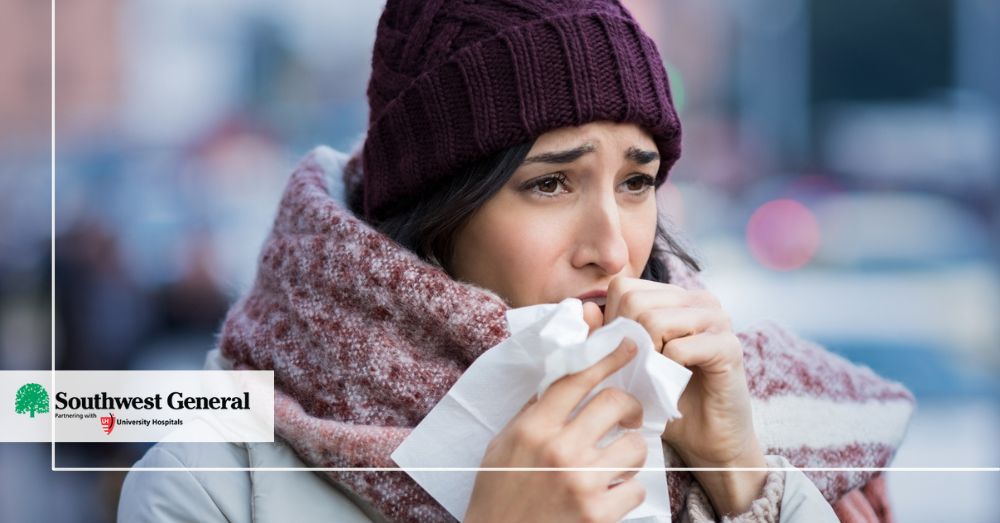Winter Illnesses: What Your Symptoms Mean
- Category: General Health, Family Medicine
- Posted On:

How to Tell the Difference Between Common Winter Illnesses
As winter starts, so does the increase of common cold and flu symptoms: cough, sore throat and sneezing. It can be hard to tell which condition you have, but it's important to know so you can get the right medicine. And some winter illnesses bring more severe symptoms that can lead to hospitalization.
Keep your family safe by learning more about the following conditions that tend to rise during the winter and the holiday season.
The Common Cold
This is the most widespread winter illness, and it’s caused by a virus infecting your respiratory system. Symptoms include mild body aches, sneezing, a runny or stuffy nose and a sore throat. Rest and over-the-counter medications can help manage symptoms, but unfortunately, there is no cure for the common cold.
Influenza
The flu also affects the respiratory system and has similar symptoms to the common cold but brings more severe body aches and potential fever. It's important to get vaccinated against the flu every year so your immune system can fight off any strains that may be circulating in your community. Antiviral medication also can help treat the flu if taken within 48 hours of symptoms appearing.
COVID-19
Otherwise known as the coronavirus, symptoms of COVID can overlap with those of the common cold or flu. It is important to be aware of potential warning signs such as high fever, difficulty breathing and severe fatigue.
It also is worth noting that COVID-19 can have a longer incubation period than other winter illnesses, meaning symptoms may not appear for several days after exposure. Be sure to follow all recommended precautions, including social distancing, testing if you feel sick and wearing a mask in public spaces to protect yourself and others from contracting the virus during seasonal upticks.
Strep Throat
Strep throat is a winter illness caused by bacteria; it can be treated with antibiotics. It usually presents with a severe sore throat, fever and swollen lymph nodes in the neck. It's important to get diagnosed and treated for strep throat as it can lead to complications such as rheumatic fever or kidney inflammation.
Pneumonia
This lung infection often occurs as a complication from other winter illnesses like the common cold or flu but also can happen on its own. Symptoms of pneumonia include cough, chest pain, fever and difficulty breathing. Treatment may involve antibiotics or even hospitalization depending on the severity.
Care Advice & Prevention Tips
Some winter illnesses are more serious than others, including the flu or pneumonia. These can be especially dangerous for young children and elderly people, so it's important to get a flu shot and take extra precautions during winter months. If your symptoms are severe or persistent, it's always best to seek medical attention.
But don't let winter illnesses ruin your holiday season! Take steps to prevent getting sick such as washing your hands often and avoiding close contact with people who are already ill. And if you do start feeling under the weather, seek proper treatment as soon as possible. Stay healthy out there!
Family Medicine in Middleburg Heights
Southwest General Medical Group, Inc. is here to work closely with you to ensure you are always feeling your best all year! To learn more about our services or schedule an appointment, visit our website.



